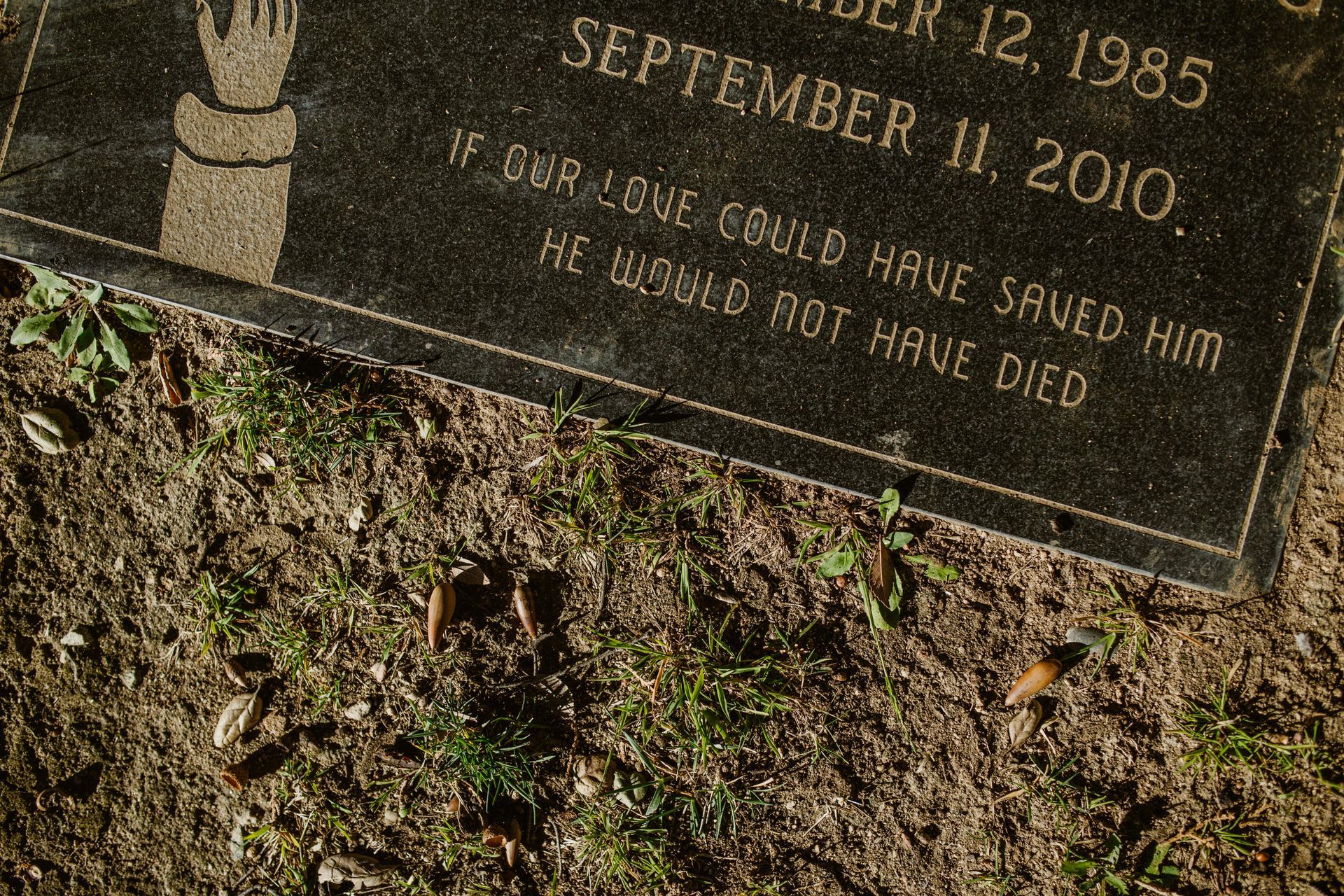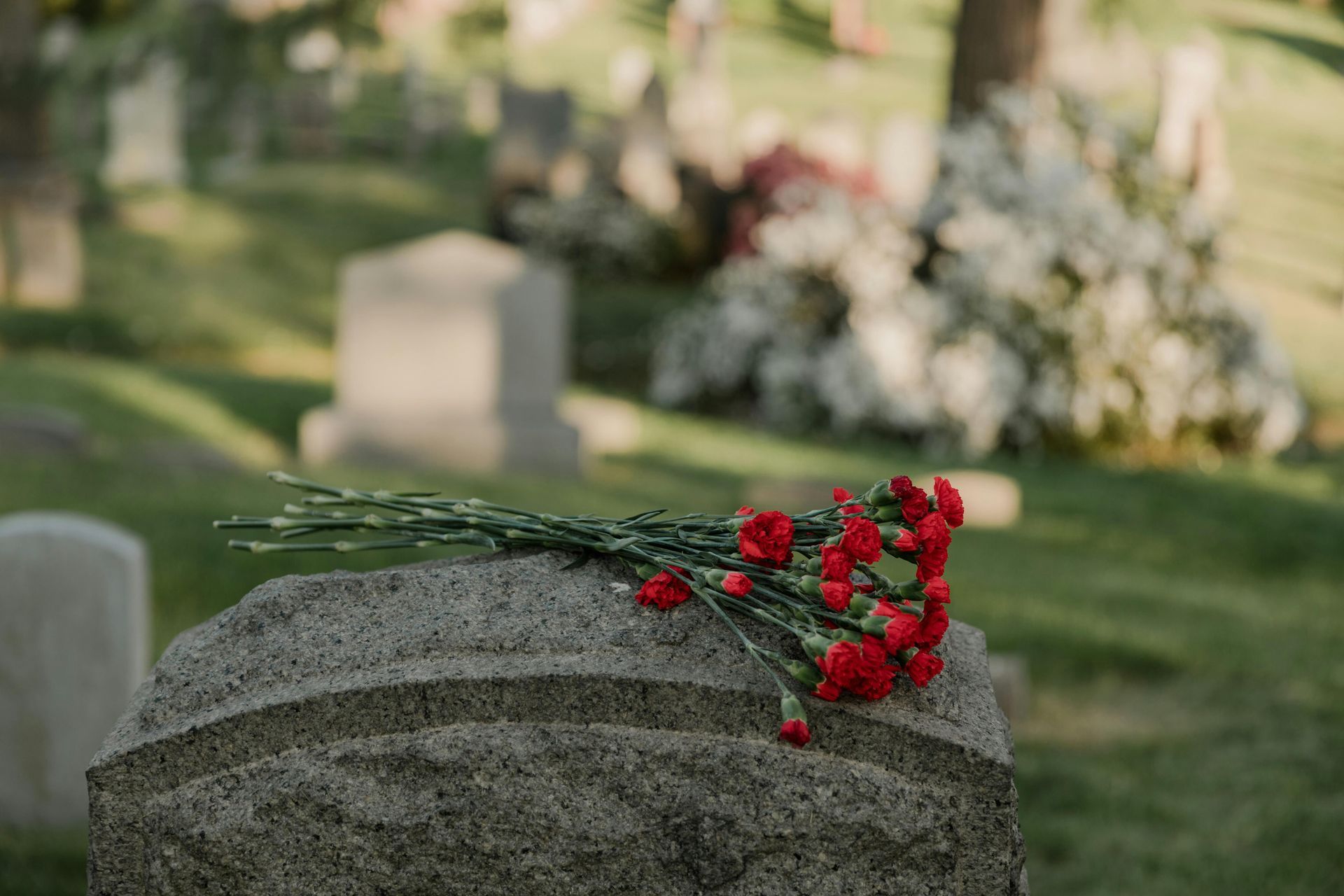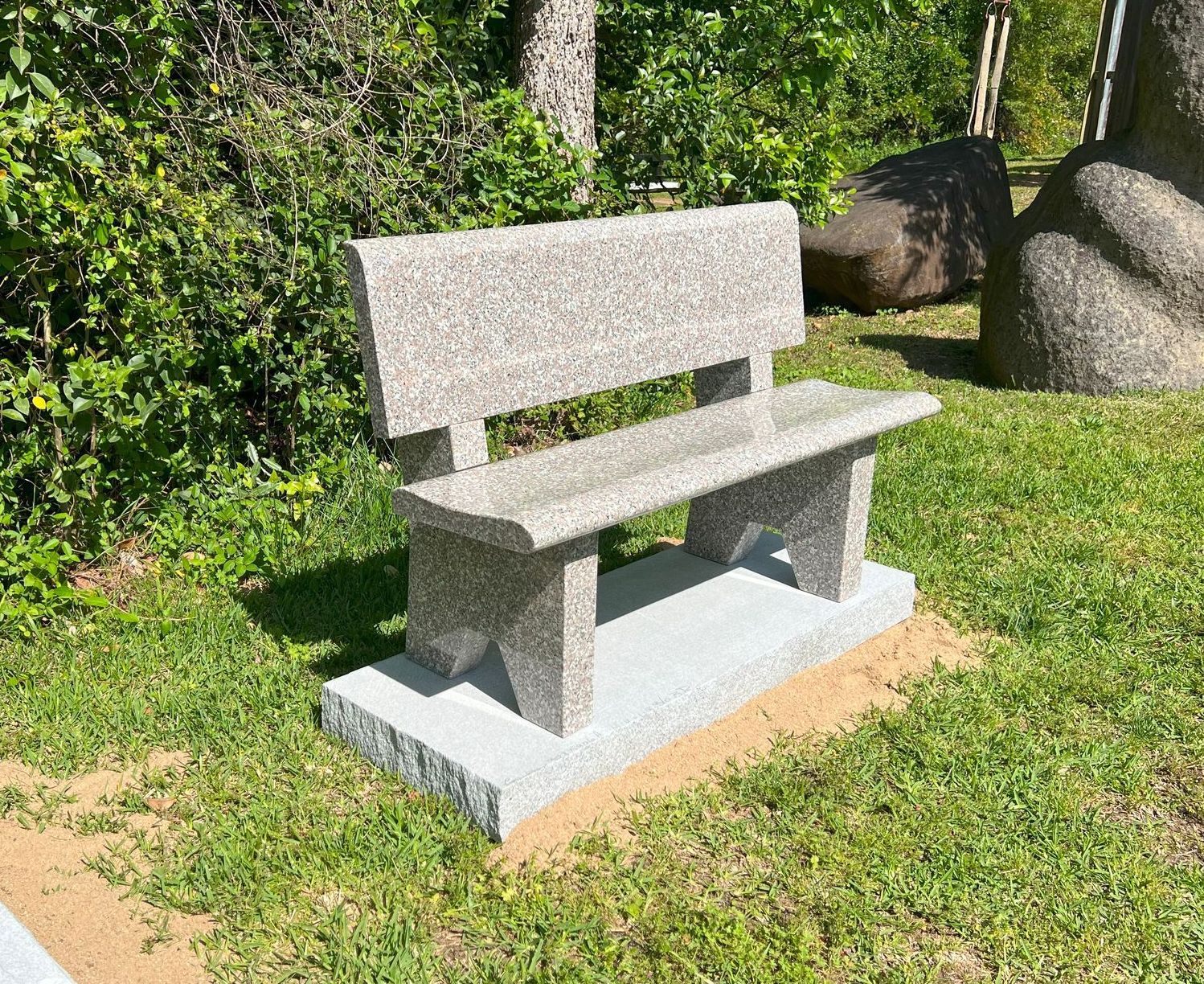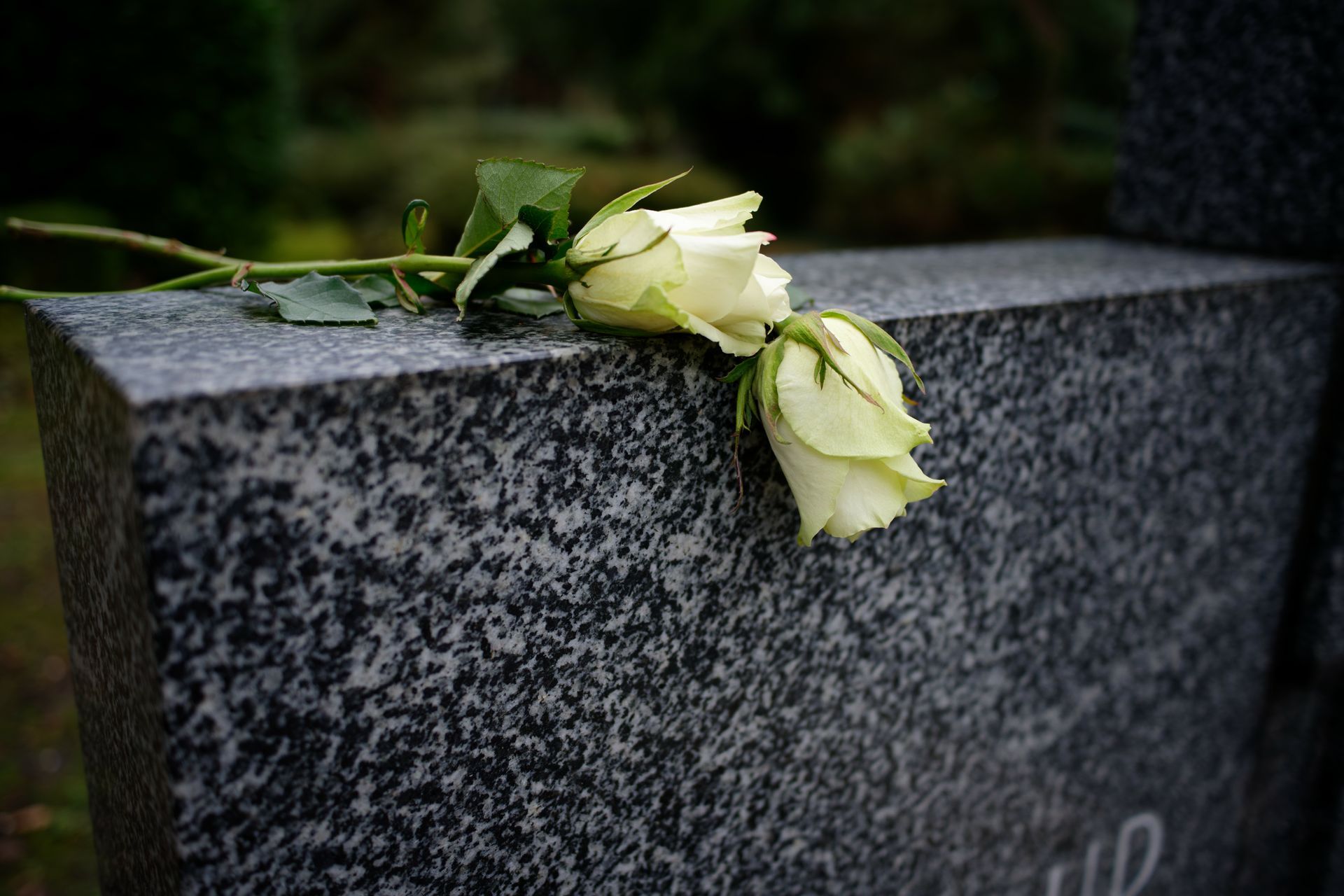Dealing with Grief Around the World: China
If you’ve been reading our series about how cultures around the world deal with grief and practice mourning, then you’ve probably noticed by now that there are some differences and similarities that can be seen with how different cultures honor their loved ones. Each culture’s unique practices give insight into the traditions, family structures and beliefs held by people in that part of the world. These are just some of the reasons to explore the beliefs held and traditions practiced by different cultures around the world when someone passes away.
For this next installation of our series, we’ll be heading to China to examine the various funeral rituals practiced as well as how grief is dealt with and how loved ones are honored and remembered. China is home to more people than any other country on earth with about 1.3 billion residents. China has an extremely varied landscape and an extensive history which can be seen in its various funeral rites and mourning traditions that are practiced.
With such a long history, some of what is practiced by Chinese people today when it comes to mourning a loved one still showcases some of the beliefs and traditions that have been part of this culture for thousands of years. While practices may vary from region to region within China, all of the traditions put an emphasis on honor, respect and heritage. Much like with American funerals, certain aspects may vary depending on the family’s religion, the person’s age and the cause of death, but in general, the majority of Chinese funerals include specific elements and consist of certain etiquette regarding the various aspects. Additionally, it’s a widely held belief in Chinese culture that if certain traditions and funeral customs are not followed correctly then the family may experience bad luck.
The Importance of Family
Like in many other cultures, the lavishness of a funeral can determine a family’s status in Chinese society. Also similar to many other cultures, in Chinese culture the family will organize the funeral for their loved one. It is also common for the family to seek out the help of a priest, monk or other type of clergy member, depending on the religion followed by the family.
Traditional mourning practices consist of a mourning period that lasts for one year or up to three years if the deceased is the family’s first-born son. However, although this is the traditional length of time many Chinese families today will practice a shorter mourning period made up of 49 days. Throughout this time period the family will pray for their lost loved one every week.
Funeral Traditions
Whenever a loved one dies, no matter your culture, there are many arrangements that must be made. In American funerals, the family will often make a lot of, if not all, of the major decisions such as choosing the date of the service, selecting the gravesite and more. In Chinese culture however, it is customary for a feng shui master to make some of these decisions. When a family member passes away, one of the first things the family will do is reach out to a feng shui master who will make decisions regarding the day and time of the funeral and burial as well as choosing the gravesite, if one hasn’t already been chosen.
Choosing the burial site holds a lot of importance in Chinese culture and must be done with the feng shui master’s expertise and insight. The feng shui master will advise the family on choosing a gravesite that has the ideal location and orientation. For example, a gravesite on a hill is good while a gravesite under a tree is to be avoided.
Ahead of the actual funeral, a Chinese family will hold visitation with their loved ones for three days. During this time the deceased will be dressed in a traditional white burial robe or their best clothing. It is even a common practice for families to remain with their loved one overnight if the facility is equipped for that. Another tradition states that only visiting family members that are at least 80 years old are allowed to be dressed in colorful clothing during this time.
Once the visitation period is over, the casket is closed. If the family members are there when this happens it is tradition that they turn their backs to the coffin since it is believed that if a person sees a casket being closed their soul will be trapped inside of it. This is also done by the people present at the gravesite when the casket is lowered into its grave.
Similar to American traditions, there are certain flowers that are traditionally used in Chinese funerals. White or yellow chrysanthemums are common flower choices, with white symbolizing grief. For certain regions of China, white irises are a popular choice while red flowers are often used for people that lived to be 80 years or older. It’s also tradition for the women of the family to wear flowers in their hair with the color representing their relationship to the deceased. In this situation white flowers are worn by the wife, daughter or daughter-in-law; blue flowers are worn by great grandchildren; and green flowers are worn by grandchildren.
Like other cultures, some traditions are practiced helping ensure a loved one has what they need to be comfortable in the afterlife. In Chinese culture, a family may burn joss paper, or spirit money that represents objects like houses and cars. This is done to provide a family’s loved one with the items they’ll need. It’s also tradition for funeral guests to give the grieving family money, either at the funeral or the day before. The amount should be an odd number, starting at $101 and is given in a white envelope.
Every culture has many funeral traditions and customs that are intended to help ease a family’s grief and honor a loved one. From flower choices to mourning periods to the order of events, there are many similarities that can be seen between the funeral traditions of China and other cultures.
© 2024 Gaulden Monuments, Inc. All Rights Reserved. Written for Gaulden Monuments by Minieri & Company LLC.















